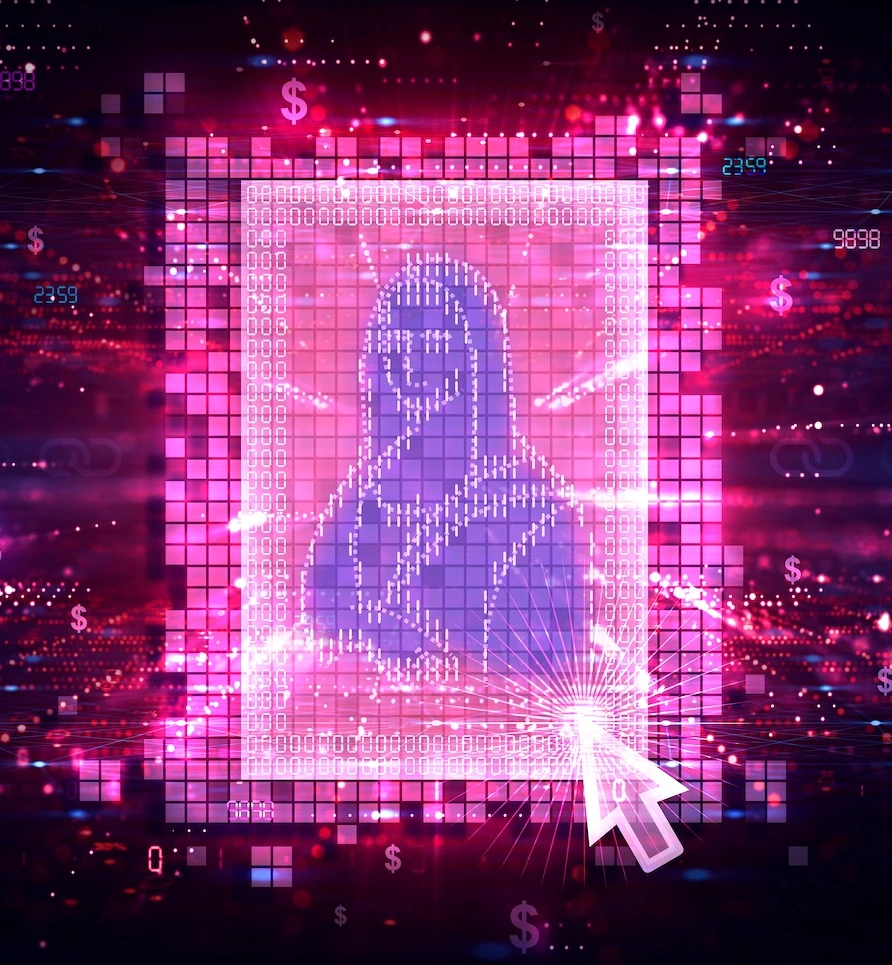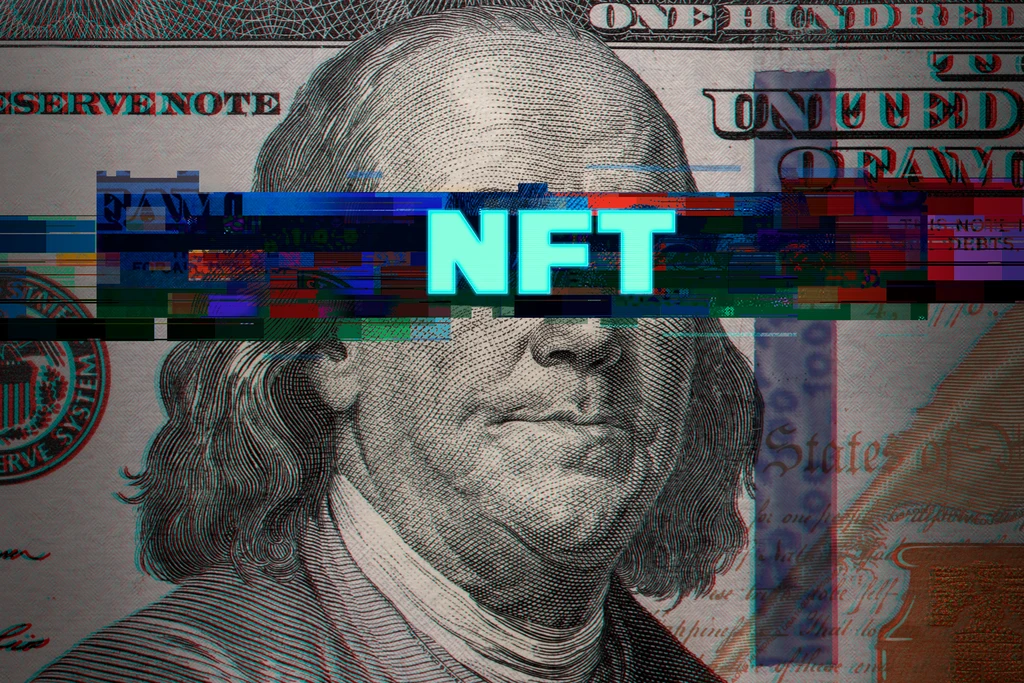
Non-fungible token development services
Have an NFT in mind? Create a unique NFT to sell and earn royalties

What's an NFT?
Non-Fungible Tokens (NFTs) are tokens that can be used to represent ownership of certain unique items. Examples of such are art, real estate, collectibles, domains, and even music.
NFTs can have only one official owner at a time, and because NFTs are on the blockchain; no one is able to modify the record of ownership.
How do NFTs work?
NFTs operate the following way:
- NFTs have a unique identifier.
- NFTs are not directly interchangeable with other tokens 1:1.
- Each NFT has an owner, with this information being easily verifiable.
- NFTs are based on the Ethereum blockchain and can be sold on any Ethereum-based NFT market.

What you could do with an NFT

Prove ownership
With an NFT, you can easily provide that you own it and don't have to worry about manipulation. You can sell it on any NFT or peer-to-peer market. No intermediate is required.

Hold or sell it
Once you buy an NFT, you can sell it and earn creator resale royalties or hold onto it forever.
Thinking of creating your own crypto?

I can earn royalties?
Yes, you definitely can. Depending on how it is structured, some NFTs will automatically pay out royalties to their creators when they’re sold. Although it is a new thing in the crypto realm, it’s one of the most powerful; as it stimulates the creation of more creators and the growth of the market. Some creators can make more than 8% every time their creation is sold.
As their work is sold from person to person, creators can sit back and relax. If you need your NFT to have a royalty program implemented into it, let us know and we can make it happen.
What are NFTs used for?
Below you will find some information, from the Ethereum website, about what NFTs can be used for:

Digital content

Gaming items

Domain names

Physical items

Digital content

Gaming items

Domain names

Investments

Collateral

Physical items

Investments

Collateral
Ask our experts
Schedule a meeting with us to learn more about NFTs. Please fill out the form below and we’ll get back to you within 24 hours.
